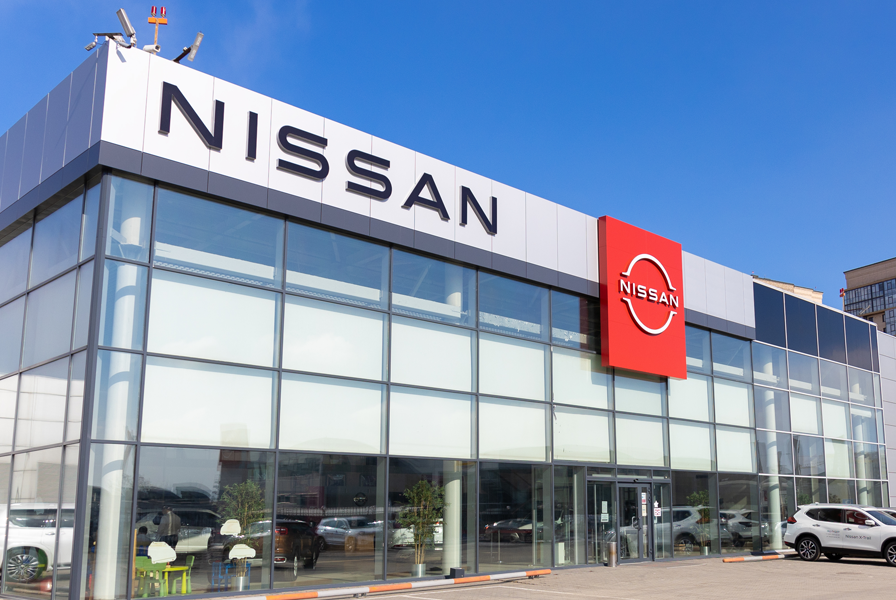
Nissan, a global automotive icon, is grappling with some of the most significant challenges in its history. As sales slump in major markets like China and the United States, the company faces mounting financial pressure, prompting many to ask: is Nissan in financial trouble? The answer lies in its current restructuring efforts, strategic partnerships, and the pursuit of a long-term investor to stabilize its future.
The Search for an Anchor Investor
At the heart of Nissan’s survival plan is its quest for a steady investor. Following Renault’s decision to reduce its stake in the company, Nissan is exploring alternatives to fill the gap. Renault, which played a pivotal role in rescuing Nissan from near-bankruptcy in 1999, has gradually scaled back its involvement in the alliance. This has left Nissan seeking a long-term partner, potentially a financial institution or even Honda, its new collaborator in electric vehicle (EV) development.
Insiders suggest that while Honda purchasing a stake in Nissan is a “last resort,” the partnership between the two Japanese automakers is growing stronger. Their joint efforts to develop cutting-edge EV and software technology come in response to mounting competition from Chinese manufacturers, who are dominating the EV market. Nissan’s ability to attract a significant investor will likely hinge on how successfully it can reposition itself in this rapidly evolving industry.
Financial Challenges Amplified by Industry Shifts
Nissan’s financial troubles are not just about declining sales. The company has struggled to capitalize on trends like hybrid and electric vehicles, particularly in the U.S., where its market share has eroded. Nissan’s operating profit margin has shrunk to a mere 0.5%, and its latest financial results revealed a staggering £1.59 billion drop in profits. These losses have forced Nissan to take drastic measures, including a 20% reduction in global production and the elimination of 9,000 jobs.
Adding to its woes, the ambitious EV mandates in markets like the U.K. are creating additional pressure. Nissan is among the automakers lobbying the government to revisit these targets, which require 80% of all vehicles sold to be zero-emission by 2030. The carmaker argues that while it supports the transition to green energy, the current timeline may stifle recovery efforts.
The Role of Strategic Partnerships
While financial concerns dominate headlines, Nissan is pinning its hopes on strategic partnerships. The recent alliance with Honda is a critical step in the company’s effort to compete with dominant players like Tesla and up-and-coming Chinese brands. This partnership, focused on EVs and software, could help Nissan regain its competitive edge. However, insiders note that success depends on both companies navigating the complexities of collaboration while maintaining their distinct identities.
At the same time, Nissan continues to recalibrate its long-standing partnership with Renault. By reducing its stake in Mitsubishi Motors and focusing on leaner operations, Nissan is aiming for a more resilient business model. However, this strategy is fraught with challenges, particularly as activist investors show interest in the company, adding uncertainty to an already precarious situation.
Implications for the UK and Global Markets
For the U.K., where Nissan operates one of its most significant production plants in Sunderland, the stakes are particularly high. The plant, which employs 6,000 people and has seen £3 billion in EV investments, remains a critical part of Nissan’s future. However, the company’s financial instability could have far-reaching implications for the local workforce and the broader regional economy.
Globally, Nissan is at a crossroads. The company must navigate an industry in flux, balancing its EV ambitions with the need to stabilize its finances. As competition intensifies and regulatory requirements tighten, Nissan’s ability to adapt will be tested.
Is Nissan in Financial Trouble? The Road Ahead
The next 12 to 14 months are crucial for Nissan’s survival. The company must secure an anchor investor, deliver on its EV strategy, and implement cost-saving measures—all while contending with an uncertain global economy. Although Nissan’s situation is dire, its legacy and strategic initiatives offer a glimmer of hope.
Ultimately, the question remains: is Nissan in financial trouble? The answer is yes, but the company’s actions in the coming months will determine whether it can emerge stronger or become another cautionary tale in the automotive industry.












